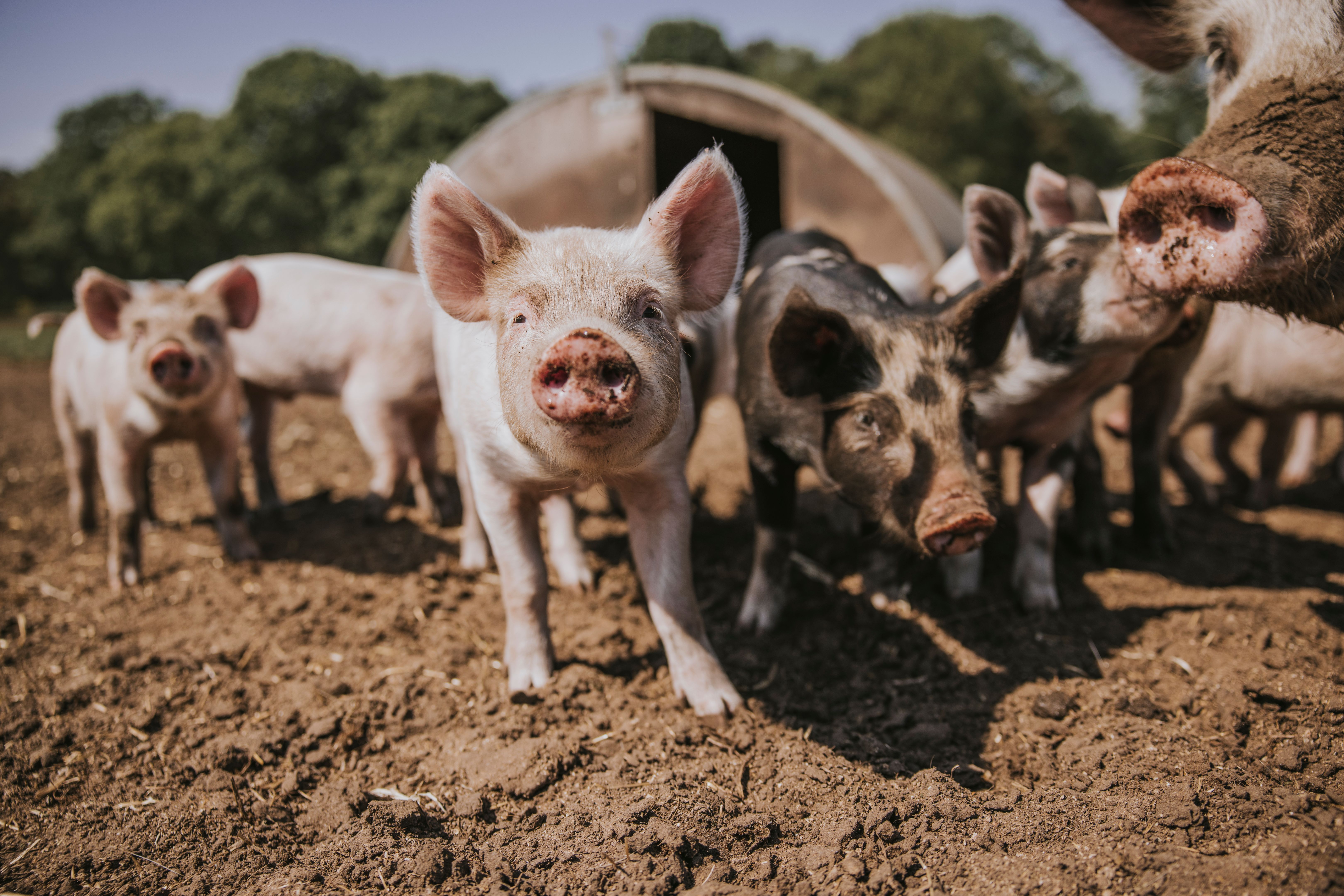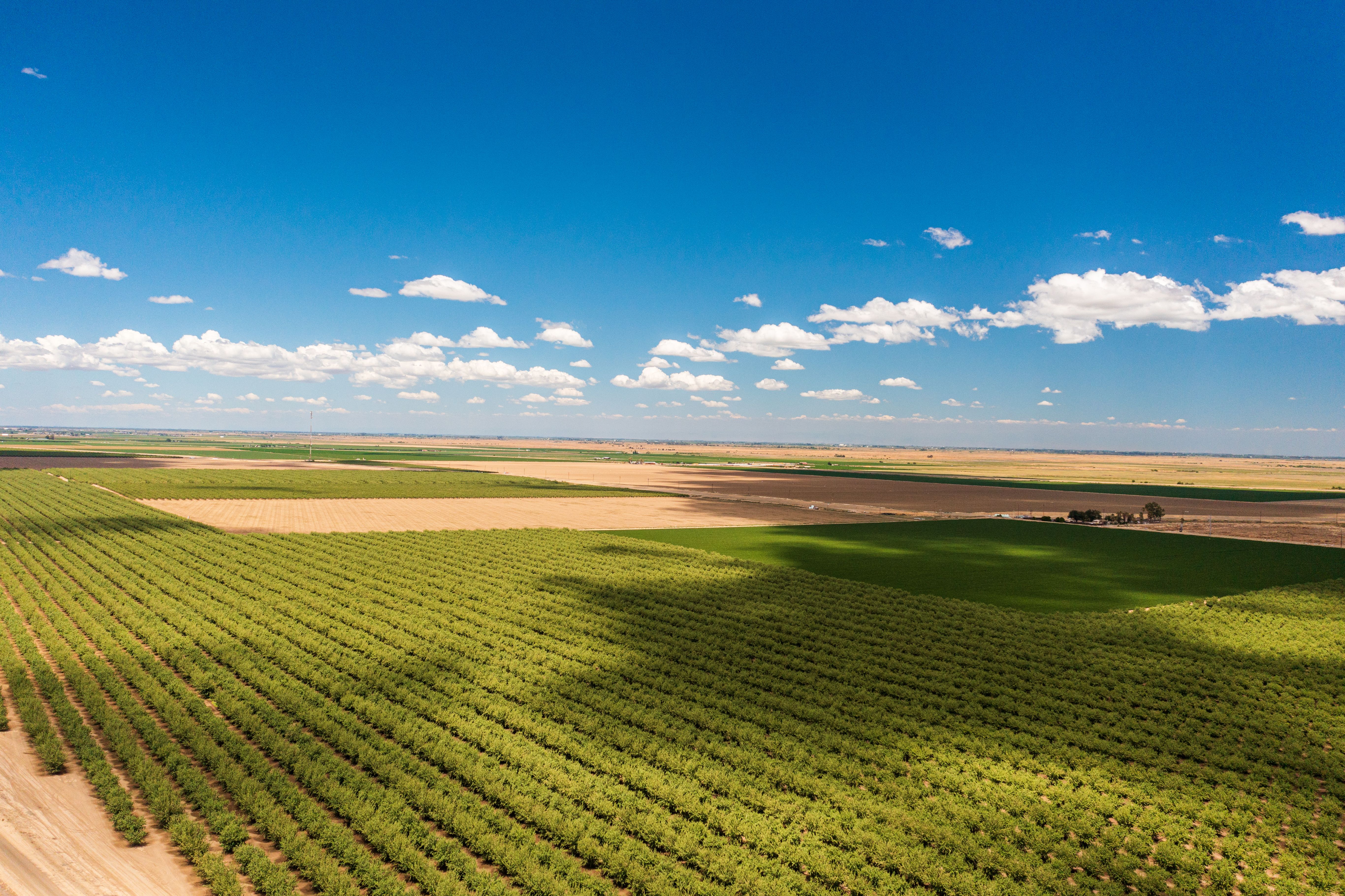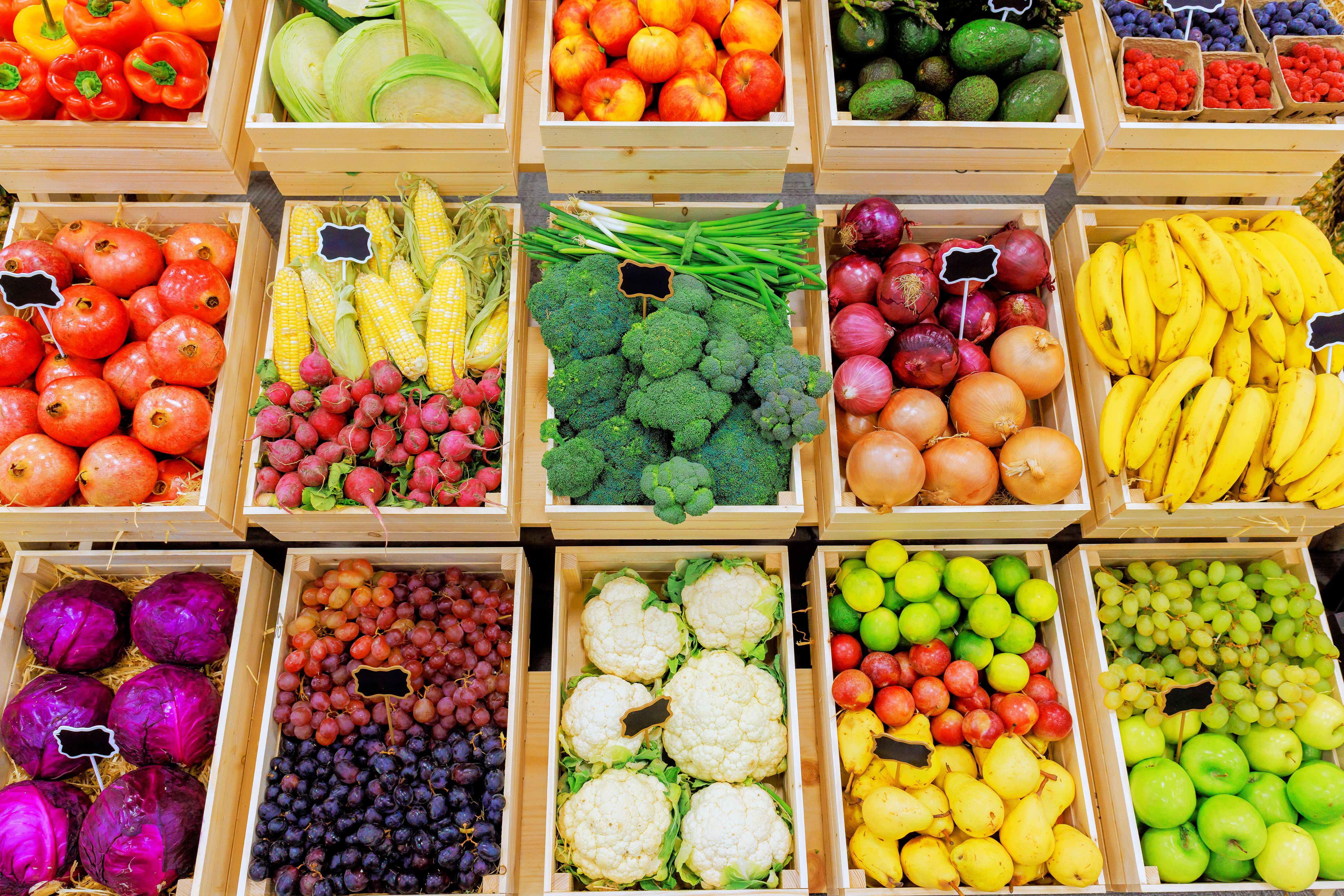The Impact of Organic Product Demand on California Farmers
Rising Demand for Organic Products
The demand for organic products has been steadily increasing over the past decade, and California farmers are experiencing both the benefits and challenges of this trend. As consumers become more health-conscious and environmentally aware, they are opting for organic produce that is free from synthetic pesticides and fertilizers. This shift in consumer preference has significantly impacted farming practices and economic opportunities in California, one of the largest agricultural states in the United States.
California's diverse climate and rich soil make it an ideal location for organic farming. Farmers across the state have been quick to adapt to the growing demand by converting conventional farms into organic ones. This transition, while beneficial in the long run, requires considerable investment and adherence to strict certification standards. However, many farmers find that the rewards, such as higher profit margins and sustainable farming practices, outweigh the initial hurdles.

Economic Impacts on Farmers
One of the most significant impacts of organic product demand on California farmers is the economic benefit. Organic products often command higher prices in the market, allowing farmers to increase their revenue. This has encouraged more farmers to consider organic farming as a viable and lucrative option. In addition, there are numerous government incentives and subsidies available to farmers transitioning to organic practices, further reducing the financial burden.
However, the economic benefits are not uniform across all types of farms. Smaller farms may struggle with the high costs of certification and the initial reduction in yield during the transition period. The long-term increase in profitability is appealing, but it requires patience and strategic planning. Despite these challenges, many small-scale farmers are finding innovative ways to capitalize on the organic trend by focusing on niche markets and direct-to-consumer sales.

Environmental Benefits and Challenges
Organic farming is lauded for its positive environmental impact. By eliminating synthetic chemicals, organic farms promote biodiversity and improve soil health. This sustainable approach not only benefits the environment but also enhances the resilience of crops against pests and diseases. California farmers are witnessing these advantages firsthand, as organic practices contribute to healthier ecosystems.
Nonetheless, organic farming also presents certain environmental challenges. For example, organic methods often require more manual labor and can initially lead to lower yields compared to conventional farming. Farmers must employ alternative strategies for pest control and nutrient management, which can be labor-intensive and costly. Yet, many California farmers are committed to overcoming these obstacles for the greater good of the environment.

Shifts in Consumer Behavior
The surge in demand for organic products is largely driven by changing consumer behavior. Consumers are increasingly concerned about food safety and environmental sustainability, prompting them to seek out organic options. This shift is not just limited to fresh produce; it extends to a variety of products including packaged goods, dairy, and meat.
California farmers have adapted to these changing preferences by diversifying their product offerings. Many have expanded into organic dairy and meat production, while others have ventured into value-added products such as organic jams, sauces, and snacks. By tapping into these markets, farmers are able to reach a broader audience and enhance their competitiveness in both local and global markets.
The Future of Organic Farming in California
Looking ahead, the future of organic farming in California appears promising. As technology advances and farming techniques evolve, farmers will likely find more efficient ways to meet the growing demand for organic products. The continued support from government programs and consumer advocacy groups will also play a pivotal role in sustaining this momentum.
California's leadership in organic agriculture sets a benchmark for other states and countries to follow. By embracing sustainable practices and adapting to consumer trends, California farmers are not only securing their economic future but also contributing positively to the environment and public health.